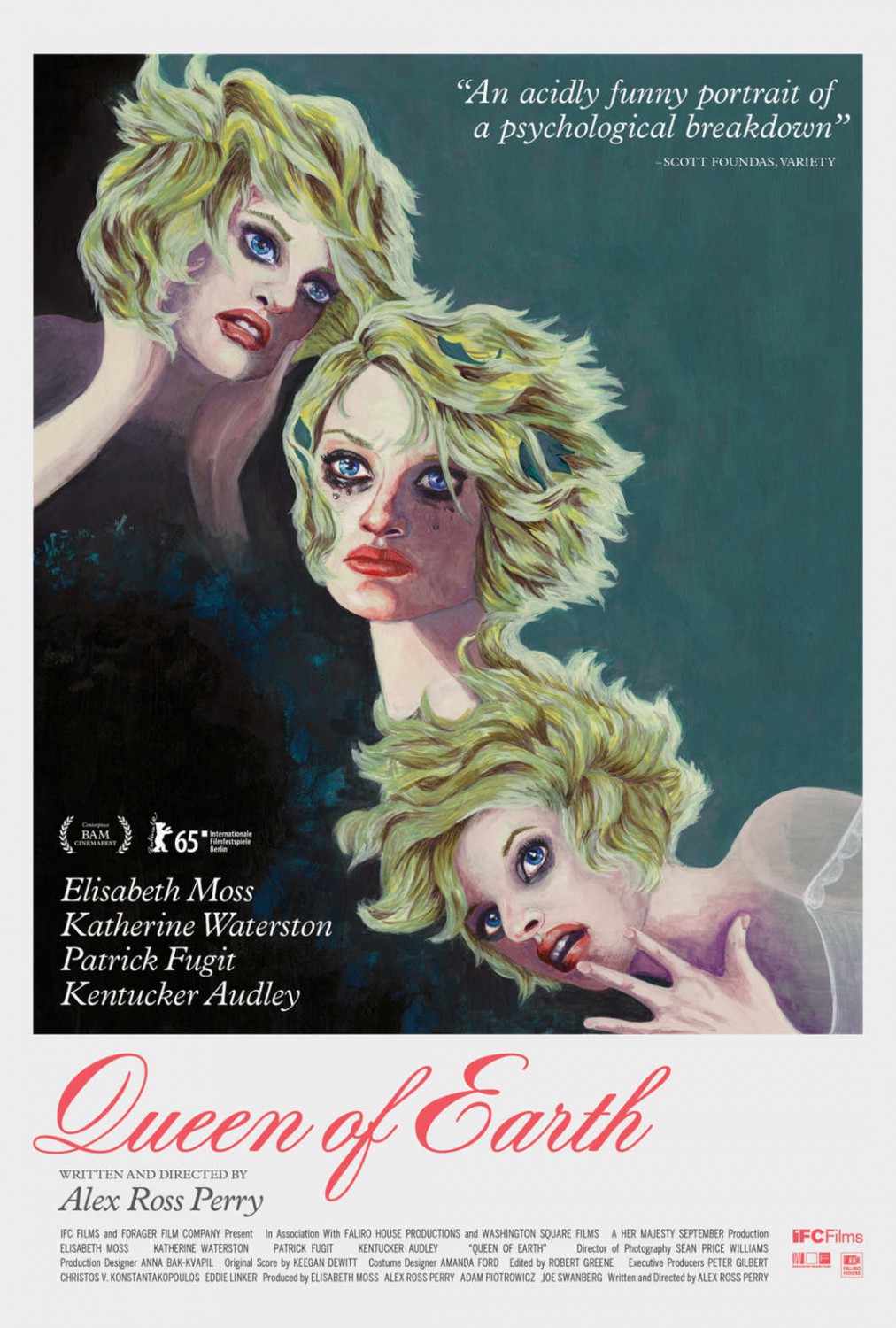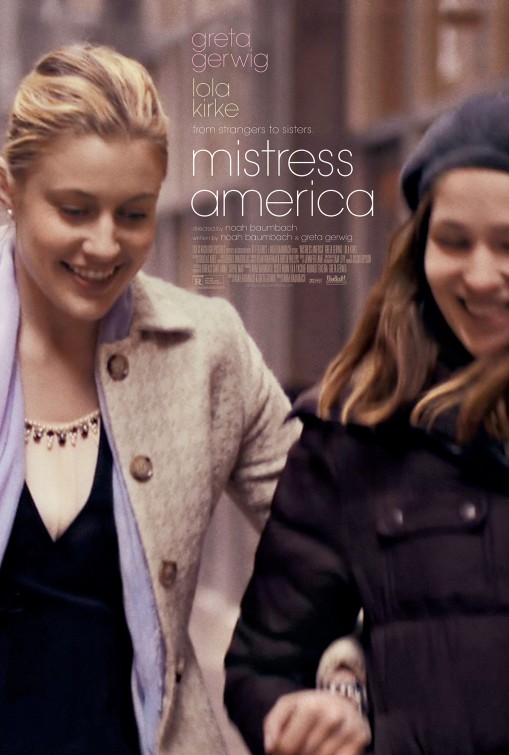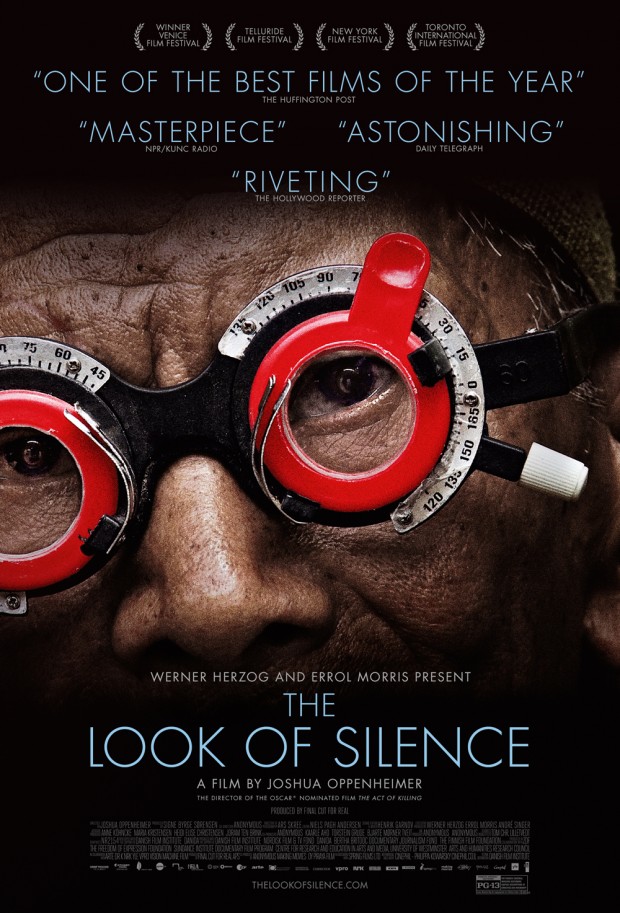The year is 1998. Our film ends where the director’s other Oscar winning film ended: a grave. James Ryan turns and asks his wife whether he’s a good man; “you are” she affirms. He and the audience solemnly salute our fallen protagonist. A lot has changed in 17 years, but some things stay the same: Matt Damon is still getting dazzlingly rescued, Tom Hanks still plays the Inspiring Good Man, and Steven Spielberg still spells “subtle” in all caps.
Not that a lack of subtlety is always a bad thing. Spielberg movies are stories not poems; tugging heartstrings with meticulously shot, lushly scored, totally straightforward narratives. We know exactly how we’re supposed to feel by the end, and sometimes we feel it deeply. But even at their best, what we’re responding to is well-crafted storytelling: he might underline some truth hidden in the synopsis, but he’s not making new ones from scratch. The plot, with or without visual embellishment, is king.
So maybe someone else should have made Bridge of Spies. Cold War intrigue, backroom deals, messy themes of pragmatism vs virtue — this could have easily been a movie I loved. But when story is presented as king, it’s hard not to get hung up on it. Like Peter McRobbie’s turn as a CIA director, this one was surprisingly dull…es. I couldn’t shake the feeling that Spielberg wanted his stakes to be higher than history granted, shortcutting the most interesting details of the Abel/Powers story (courtroom arguments, negotiation tactics) in service of “grand” themes and artificial dread. Meandering towards a foregone conclusion, it plays like a lackluster Lincoln; set in a Civil War where both sides are already pretty much agreed on the whole slavery thing.
Which isn’t to say it needed more embellishment. If anything, this could have been trimmed into a fascinating character study. The relationship between Hanks’ Donovan and Rylance’s Abel is the best part of the movie, and poses a timely question: what do we actually stand for? Despite solid performances, however, we rarely get to see them as more than motiveless, spoon-fed archetypes. The Standing Man. The Noble Enemy. The One Who Always Does What’s Right And The Wife Who’s Proud Of Him. Everybody Else.
Sporting lovely cinematography and plenty of good-natured sentiment, Bridge of Spies is hardly a bad way to spend two hours. Yet for all the craft on both sides of the camera, the final product feels remarkably artless. As the title cards detailed Donovan’s future endeavors, I found myself wishing the movie had ended a decade later — thousands of lives would ostensibly provide those stakes Spielberg was grasping for. But without a clear vision, would it help?









